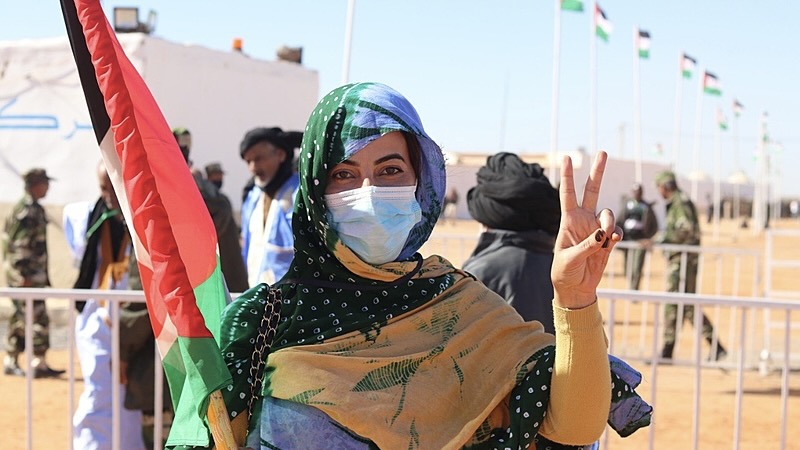In the middle of the Sahara desert, half a million people resist and fight for their liberation. Under the slogan “intensify the armed struggle to expel the invader and achieve sovereignty,” the Polisario Front, the political organization that leads the Sahrawi Arab Democratic Republic (SADR), is holding its 16th Congress in Dajla – one of five Sahrawi refugee camps in the town of Tindouf, Algeria. After 30 years of ceasefire, this is the first Congress to be held again in the context of armed confrontation with Morocco.
“All the human, financial, and material resources are sent to support the combat on the armed front. Before they were directed to other areas that will continue, but we must focus on the battlefield,” SADR’s Prime Minister Bucharaya Beyun declared.
The Sahrawi Republic was founded in 1975, after gaining its independence from Spain. After expelling the Spanish, the Sahrawi people began to fight against the invasion of Morocco, which sought to annex their territory of about 266,000 km² in North Africa, rich in phosphate and with a vast coastline facing the Atlantic.
Defeated in the war, in 1991, Morocco signed a ceasefire agreement with the Sahrawis, foreseeing the holding of a popular referendum, mediated by the United Nations (UN), which would seal Western Sahara’s independence. At the time, 2,500 Moroccan soldiers who had been captured by the Sahrawi People’s Liberation Army (SPLA) were handed over. In return, the kingdom of Rabat was supposed to release about 600 Sahrawi prisoners, but only handed over 200 people.
Since then, the Polisario Front leaders have opted for diplomatic means to regain control of their territory. In addition to putting the brakes on a decades-long promised referendum on the territory’s independence, in November 2020, Morocco violated the ceasefire and bombed the Sahrawi people in the region known as the “Guerguerat rift,” a gateway between the Sahara desert and the Atlantic.
Congress
Between January 13 and 17, 2,000 delegates from all the refugee camps and occupied Sahrawi territory met to elect the next president, the secretary general of the Polisario Front, and to define the political tactics for the next three years of armed struggle.
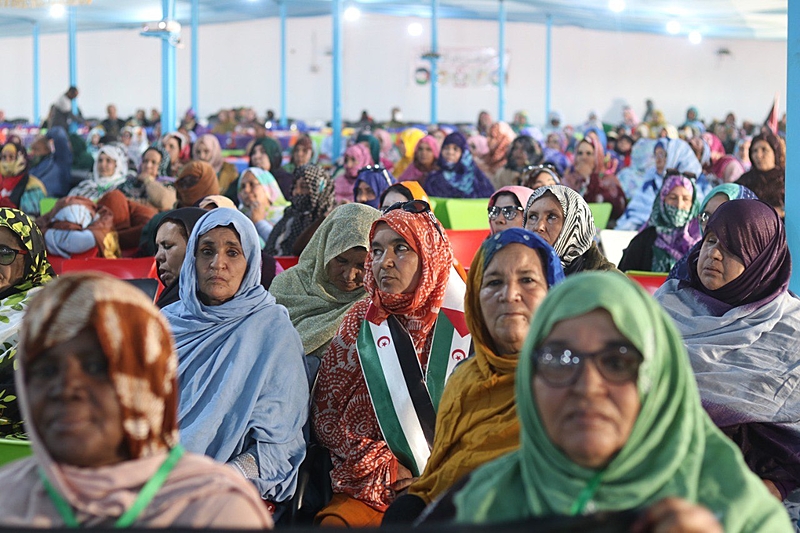
Tata Salek is one of the elected delegates of the Polisario Front to participate in the Congress. Born in one of the refugee camps, at the age of 20, this is the first time she has participated in the main political event of the Sahrawi people. “We young people feel very proud to participate, to support our people and to have the opportunity to be more prepared for the debate. I want to continue participating and I hope that we can hold the next congress in our land,” says Tata.
In addition to the delegates, the Congress received more than 300 international visitors, representing allied countries and solidarity associations. The first two days are open to greetings from international guests, while the last days are closed to delegates. The entire event, however, is broadcast live to all refugee camps by Arasdtb TV, the Sahrawi state channel.
“We are in times of war, so the Congress is more focused on the armed struggle. It’s been over 40 years of debating political exits that have led nowhere. So women, men and young people alike have the same idea of taking up arms again to liberate our territory,” argues Tata Salek.
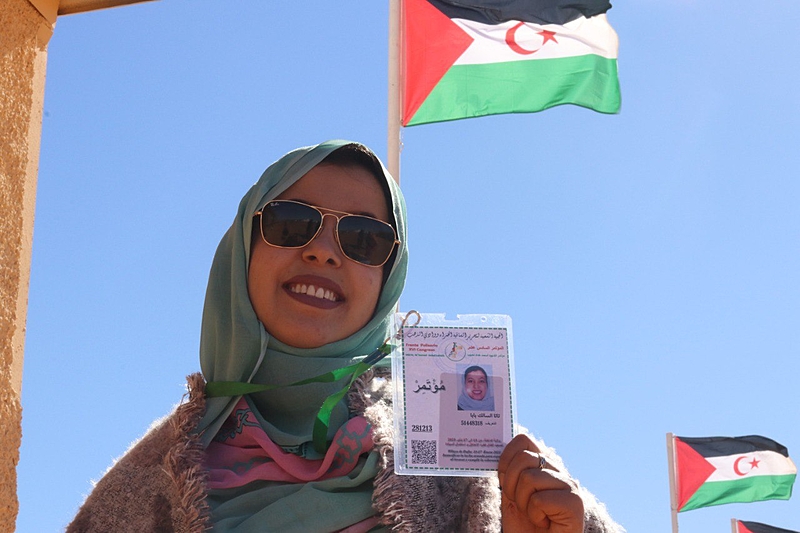
For her, the central role of women and youth will be the communicational battle.
“Diplomacy, led by men before the war, will now be a central task of women. On social media and in international travel. Even though women can also fight, our cause does not prevent women from participating in the fight, but now we are focused on the communicational fight, in making our cause visible in other countries,” says the young Sahrawi woman.
History
With one of the longest conflicts for independence in history, Western Sahara covers a desert territory of 266,000 km² in North Africa, bordering the Atlantic Ocean, Morocco, Algeria, and Mauritania. The Sahrawi people represent a population of about 600,000, of which 260,000 are in the refugee camps in Algeria, about 200,000 in the liberated territory, and another 100,000 in exile. Western Sahara has the largest phosphate deposits in the world, in addition to copper, uranium, and iron reserves.
Spain took possession of the territory in 1885, and in 1950 the Sahara lost its colonial character and became Spain’s 53rd province. Since 1963, Western Sahara has become one of the 17 non-self-governing territories recognized by the UN — and the most populous of them. The list includes places such as the Falkland Islands, Bermuda, Gibraltar, and the Cayman Islands.
Only in 1975 did Spain sign the agreement granting independence to Western Sahara, making it considered the last colony on the African continent. The initial agreement was to respect the borders inherited from the colonial period, but interest in the phosphate reserves and the seafood-rich coast with access to the Canary and Celtic Islands caused the Spanish government to violate the pact.
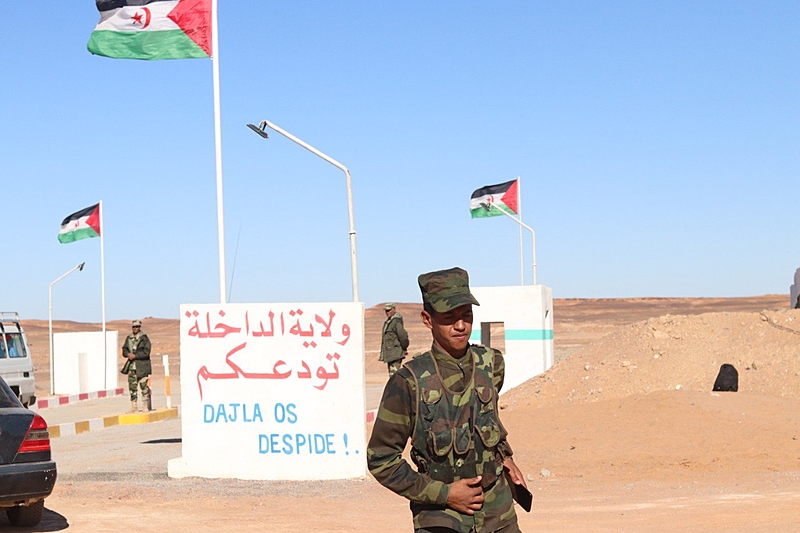
At that time, the Spanish government signed the Madrid Agreement, handing over the northern part of the Western Sahara territory to Morocco and the southern part to Mauritania.
In October 1975, the International Court of Justice (ICJ) ruled that there was no legal basis for the annexation of Western Sahara by Morocco and Mauritania, who had initially brought the case before the Court in the Hague.
Faced with defeat in the courts, King Hassan II of Morocco began the Green March on Western Sahara, sending 350,000 civilians and military personnel to invade and colonize Saharan territory.
In 1979, Mauritania withdrew from the conflict after being defeated by the Liberation Army of the Polisario Front.
About 10,000 people died in the 16 years of war until the signing of the ceasefire agreement on September 6, 1991. One of the agreed terms was to hold a referendum on the independence of the territory, which was never actually held.
In 1991, the UN created the Peace Mission for the Sahara (MINUSRO), which would be responsible for calling for the plebiscite on the self-determination of the Sahrawi people. When the census was completed for the vote, Morocco demanded that the entire population living in Western Sahara, including Moroccan settlers, be allowed to vote, while the Polisario Front only maintained that only those inhabitants counted in the 1974 census, before the Green March, be allowed to vote.
Since the ceasefire agreement, two-thirds of the territory, including most of the Atlantic coast, has been controlled by the Moroccan kingdom, with tacit support from France, the United States, and Israel.
In November 2020, with the unilateral breaking of the ceasefire by the Moroccan side, the SPLA declared a state of war and began to strike back with bombardments on the walls erected by Morocco.
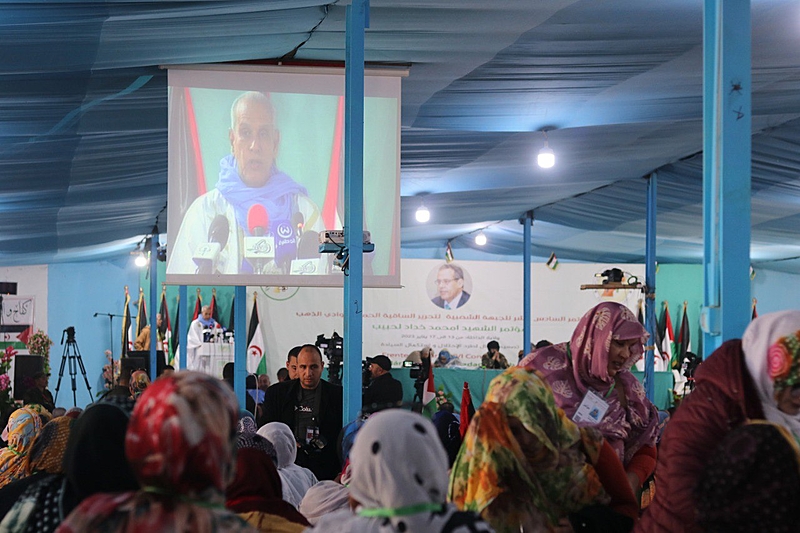
Polisario Front
The Popular Front for the Liberation of Saguía el Hamra and Rio del Oro (Polisario – Frente Popular de Liberación de Saguía el Hamra y Río de Oro) was created in 1973, inspired by the Non-Aligned Movement (NAM). The goal was to unify Saharawi political movements and parties into a single political instrument around the struggle for independence from Spain.
The structure encompassed the National Union of Saharawi Women (UNMS), the League for the Protection of Sahrawi Political Prisoners in Moroccan Prisons (LPPS), a youth front, and the Sahrawi Popular Liberation Army. Proclaiming the Sahrawi Arab Democratic Republic on February 27, 1976, the Front installed a government-in-exile in the city of Tindouf, Algeria.
Already in the first ten years after the end of the colony, SADR gained the formal recognition of 46 states and its membership in the African Union was approved.
“The Polisario Front tried to create a state in an abnormal situation and succeeded. Our government has diplomatic relations, several ministries, contact with other countries, and this is our path. The difference is that now we need to put more efforts on the military front,” defends Prime Minister Beyun.
Relationship with Brazil
Today 82 countries recognize the independence of Western Sahara. In Latin America, the first country to establish diplomatic relations with the Sahrawi Arab Republic was Panama, back in 1978. Only Brazil, Argentina and Chile maintain a neutral position. The other states recognize the right of the Sahrawi people over their territory.
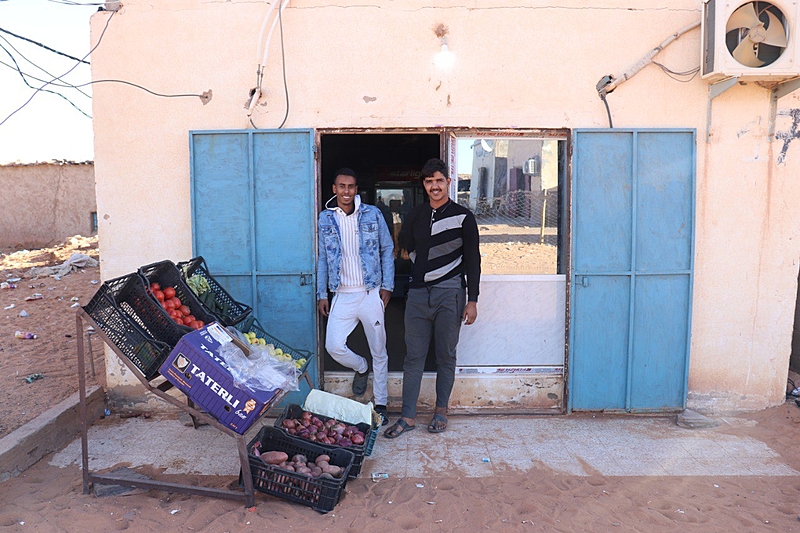
In 2022, with the rise of progressive governments, Peru and Colombia resumed diplomatic relations, while Bolivia has promised to open a Sahrawi embassy in La Paz this year.
“Our strategy is to continue the [military] combat and, in parallel, to advance in the diplomatic strategy, seeking more recognition. With regards to domestic politics, we want to strengthen education, work with women and youth. We want to win on all fronts, not only in combat. We want to guarantee a dignified life for our people,” concluded the Sahrawi premier.
Brazil maintains a position of neutrality regarding the diplomatic status of the Sahrawi Republic. “We hope that Lula, who knows the Sahrawi cause, will be on our side, that Brazil will recognize the Sahrawi Arab Republic and we hope to open an embassy in Brasilia,” said the Polisario Front representative for Brazil, Ahmed Mulay Ali Hamadi.
This piece was first published by Brasil de Fato in Portuguese.


